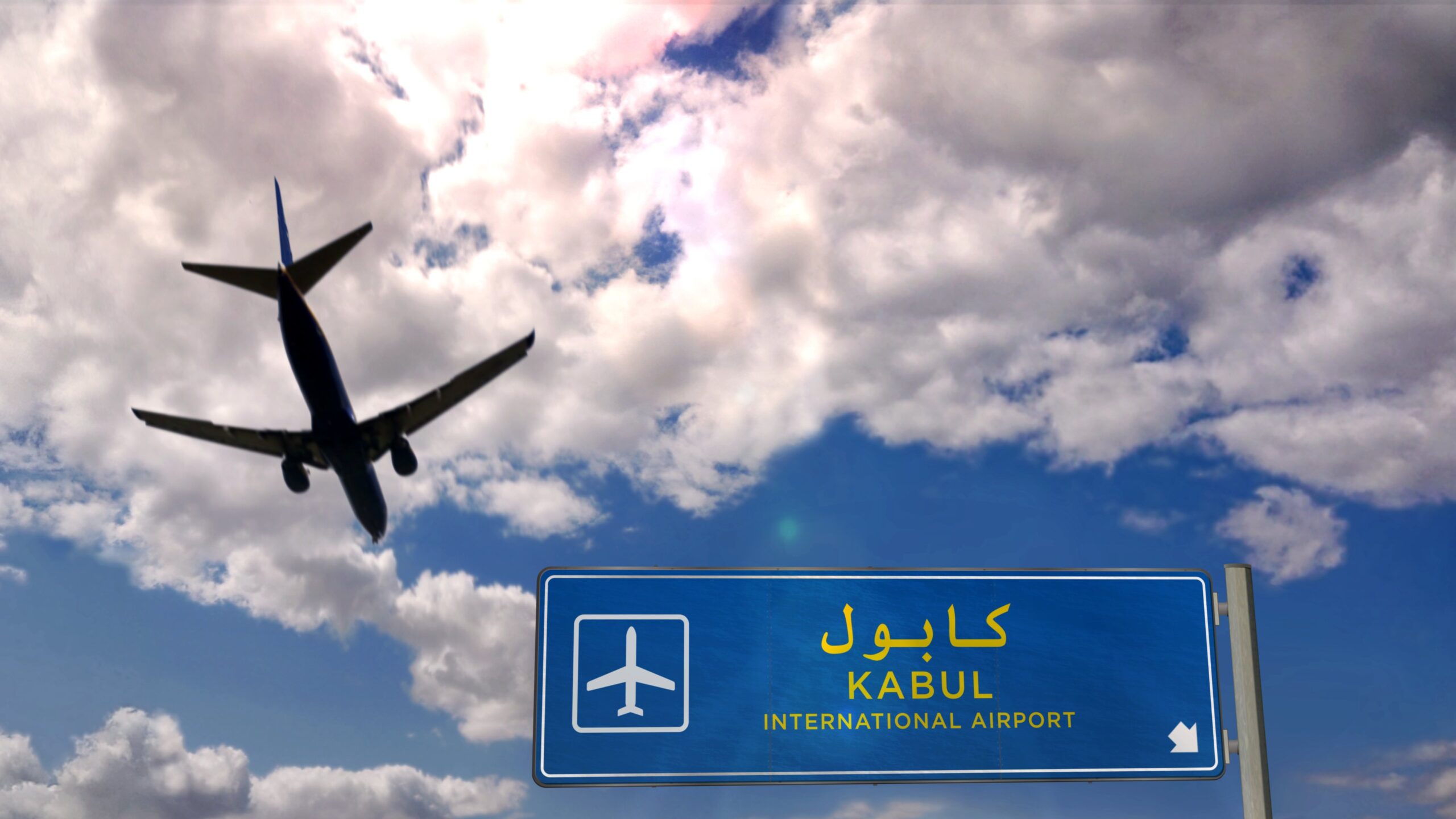Three months ago, when I began my role as VP of Social Good and Nonprofit Partnerships at Dataminr, I had big ideas for my new team. The world was on fire, and the challenges facing our planet, people and collective consciousness required solutions that could match the size of the problems at hand. I have long believed that our humanity is the seed of any greater good endeavor. The critical contribution of technology is to take that humanity to scale. In my new role, I was eager to explore how AI and real-time information fit into that toolkit.
But no amount of brainstorming or five-point strategic planning could have prepared me for the story that began to unfold in early August 2021—when it became clear that the Taliban would quickly retake control of Afghanistan, putting the lives of many at risk.
Feelings of helplessness surged. Friends and colleagues were receiving desperate calls and messages from their connections in Afghanistan. We did our best at Dataminr to respond, standing up free licenses for NGOs aiding in the evacuation efforts. It never felt like enough, though it felt good to help in some small way.
It was not until I jumped on a call with our partner Direct Relief—an organization committed to providing life-saving medical resources to the world’s most vulnerable—that I was able to appreciate the full potential of technology to enable extraordinary acts of humanity.
Direct Relief used cutting-edge technology, including Dataminr’s real-time alerting platform, to help save the lives of the Afghan girls robotics team, their family members, and more than 150 female students from Asian University for Women. Their stories have been shared in various media, highlighting their bravery and the risks they took to get to the Kabul airport in the hopes of being airlifted to safety.
The story I’d like to share is a behind-the-scenes look at how technology and real-time data helped to make those evacuations possible. My aim is not to tout the amazing work of my colleagues in building a real-time AI platform that literally helps save lives, but rather to provide a glimpse into the important role technology plays in modern day crisis response.
Real-time information for real-time response
When the Bangladesh-based Asian University for Women (AUW) realized its students and alumni in Afghanistan were in danger, founder Kamal Ahmad knew he had to find a way to get them out.
Enter Direct Relief. As a Dataminr NGO partner, Direct Relief had been using our alerts to inform COVID-19 response in the Philippines. As is often the case in crises, those who can help, do. So Andrew Schroeder, Direct Relief’s VP of Research and Analysis, jumped in and was able to apply the same technologies to evacuation efforts in Kabul.
Schroeder used real-time alerts from Dataminr to provide critical safety updates to the women en route to the airport, based on the women’s declared location. The system worked like a kind of “air traffic control” for the evacuees, guiding them safely through checkpoints and other hazards. For example, alerting on imminent risks of an additional bomb near the airport’s Southern Gate following a suicide bombing that killed and injured dozens at the nearby Abbey Gate was shared only with those who were in the vicinity. Those in other parts of the city were spared the same alerts to prevent unnecessary panic.
Another essential part of the evacuation effort was the ability to follow events as they unfolded. When additional explosions were heard after the attack at the airport’s Abbey Gate, many assumed they were further ISIS attacks. Dataminr’s AI-enabled track-story feature allowed the women and their security escorts to quickly learn the latter explosions were, in fact, controlled landmine strikes carried out by the U.S. military to secure the airport. While the initial alert might have deterred them, subsequent and timely updates provided the women with the confidence they needed to press on.
The last leg of the journey
Making it to the airport wasn’t the only need for Dataminr’s real-time information. It was also critical to finding a flight that coincided with the arrival of the robotics team and AUW students and alum.
“Dataminr was our only source of critical intelligence about flight landings and departures and key to our multi-stakeholder response,” said Schroeder. “We relied on that information to orchestrate both the students’ arrival and ingress to the airport, in careful partnership with AUW’s security team and military personnel at the gate.”
In the end, not one person was left behind.
Nearly 200 women are now free to continue pursuing their dreams. Their courage is the star of this story, with a brave and committed supporting cast of educators, security professionals and NGO workers. To bear witness to a moment so powerful is humbling. It motivates me to do more to ensure the story of technology is one of elevating our humanity. #AIforgood
Learn more about our social good programs, which support frontline nonprofits and multilateral organizations during crises.




